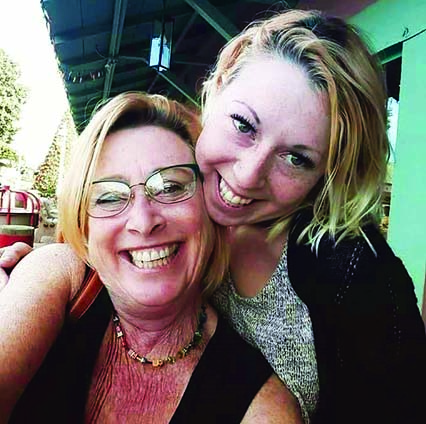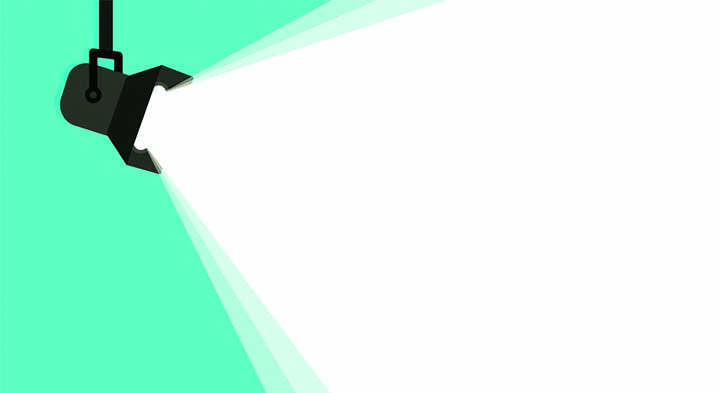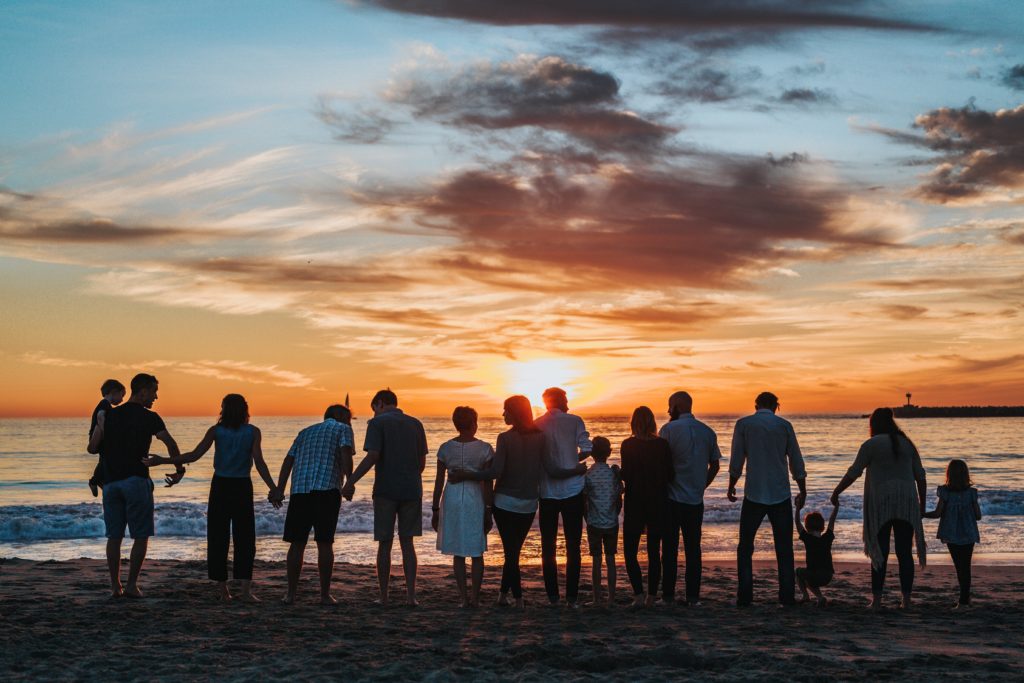With the involvement of family members during treatment, the recovering addict is more likely to restore, or even build a new support group that will sustain him or her throughout...
With the involvement of family members during treatment, the recovering addict is more likely to restore, or even build a new support group that will sustain him or her throughout the life long journey of recovery
By Kim Miller, LCSW
Frequently I get calls or emails from family members asking what they should do or not do to help a loved one in early recovery. I hear worry rising up and sense their stress coming through labored emails, as they begin their own process of learning how to give support. It would seem to outsiders family members would feel happy and relieved. For many, this couldn’t be further from the truth.
Just as someone who is entering into recovery is struggling to find their footing, equally, so are the family members involved. There are multiple stages to the process and many weeks or years of a learning curve involved. Wide-eyed and desperate, family members enter my office. They are often uneasy, having just survived terrible challenges.
Much has been written about the lifecycle of the addicted person’s recovery process. Those with addiction, have gone through their own kind of hell and consequences, realizing they can’t stop on their own.
What about the family?
They are the brave and patient souls who have been there all along, watching Jekyll and Hyde’s personalities forming and shifting in their loved one— right before their eyes — as if they were shapeshifters. They clean up the wreckage or live in the center of addiction. They can never be sure who they are going to see on a daily basis, and many endure countless nights of worrying.
First wave of shock
The initial shock of learning about addiction or secret activities, a relapse after believing someone was clean, flat out continual use, or living in the midst of maladaptive patterns, families often come to lose themselves in the process. Setting basic soft boundaries and talking to an afflicted family member seems to be as useful as throwing rocks at a tank.
Several books I suggest to family members are titles like “how to help” your loved one in the recovery process. It is true we want to help them recover but often these tips will lead toward a path of helping ourselves ironically.
It is an all-consuming process to live surrounded with or at least affected by addiction. Even the calmest, cool and collected of us show up a few years later impatient, irritable, anxious, and tired. At times we can barely think of anything else.
Weren’t we loving and kind? Didn’t we do everything right? Often families wring their hands in despair. But addiction can’t be intellectually reasoned with, paid enough money, given enough good schooling or jobs or be in any way reasoned with. It’s better if we cut our losses and not try to have too many good ideas about how we are going to fix someone else’s addiction. We often feel guilty, even ashamed, depending on our own upbringing and how prone we are to taking on other people’s “shameless” behaviors. We carry the shame and pick it up for them because they can’t seem to own it or feel it.
This initial shock of having an addict in our lives, can leave us feeling as if we’re survivors of a foreign war, as if we’re fighting battles we don’t understand with weapons we are supposed to use to defend ourselves or our loved one, but we don’t know what we are actually fighting. Underneath it all, we just want who we love to be OK, healthy and sober. This often bewildering stage of recovery is confusing as family members begin to unwind from a state of being frozen with fear.
As I have them begin their own process, we begin with a first powerful suggestion. Becoming educated on addiction, recovery and support skills is one of the best things you can do. This may only be for a short time until you get the scope of the disease, what it is and what it isn’t, and how addiction processes operate. Simple slogans, sayings, and reminders may come in handy. Be patient as it may take months to learn the basics needed. I always recommend family members keep a good attitude. Treat your loved one with love and boundaries, and recognize they are still considered newcomers to the process too.
Like many people with medical or health issues, we treat them with kindness. It’s not a great time to engage in wordy debates and intellectual reasoning. I cannot stress enough the need for education. Twelve-step meetings for the family, family support sessions or groups, and literature is helpful and can be found on just about every corner of the earth.
The process of setting boundaries
Start with a professional’s objective who can see the problem clearly and help with reasonable expectations. Seeking support, sponsorship, our own step work process as well as other well-meaning family members who have walked ahead of us, all come in a strong recommendation. We begin learning what boundaries to set and how — with practice and time we have the ability to stick to them — equating boundaries with love.
Family members will be asked to find focus on their own self-care and are encouraged to return to activities they enjoy. Leading by example, we will create a life where our focus is on taking care of ourselves. The airlines have it correct when they remind us to put an oxygen mask on ourselves first before assisting anyone else. The name of the game is learning to be centered and reasonably happy even if someone we love is struggling.
Daily work on ourselves and a program of recovery are needed for our healing too. One of my favorite sayings is — we prepare for a marathon, not a sprint, and we need objective coaches, therapists, sponsors, and as much physical and emotional health as we can find.
We cast off antagonizing, anger, and resentment with the help of our own support system because that only slows us down. We may be able to turn our thoughts to others who are walking the road with us. One of the biggest indicators of an addicted person’s success is family involvement and healthy family participation. We did not ask for this walk but it does bring us lessons, more tools, and support. Not many would say they are happy addiction affected their life, but they may say they have definitely grown from the process of recovery. While addiction can spread through a family system — so too can family recovery.
Kim Miller, LISAC, LCSW is a blog writer, EMDR and Somatic Experiencing Practitioner, Certified Life/Executive Coach, Addictions Counselor, and Family Support Coach in private practice. President/Owner MAC Associates LLC. [email protected]

































